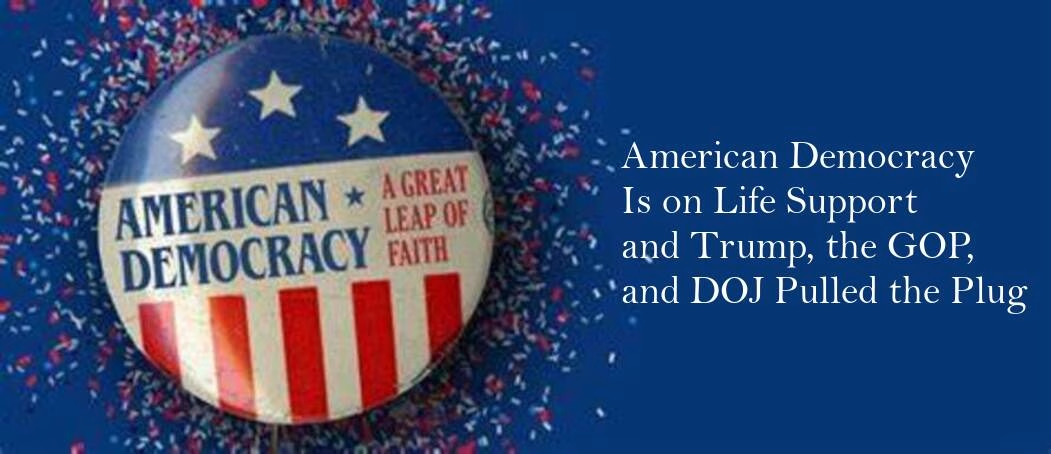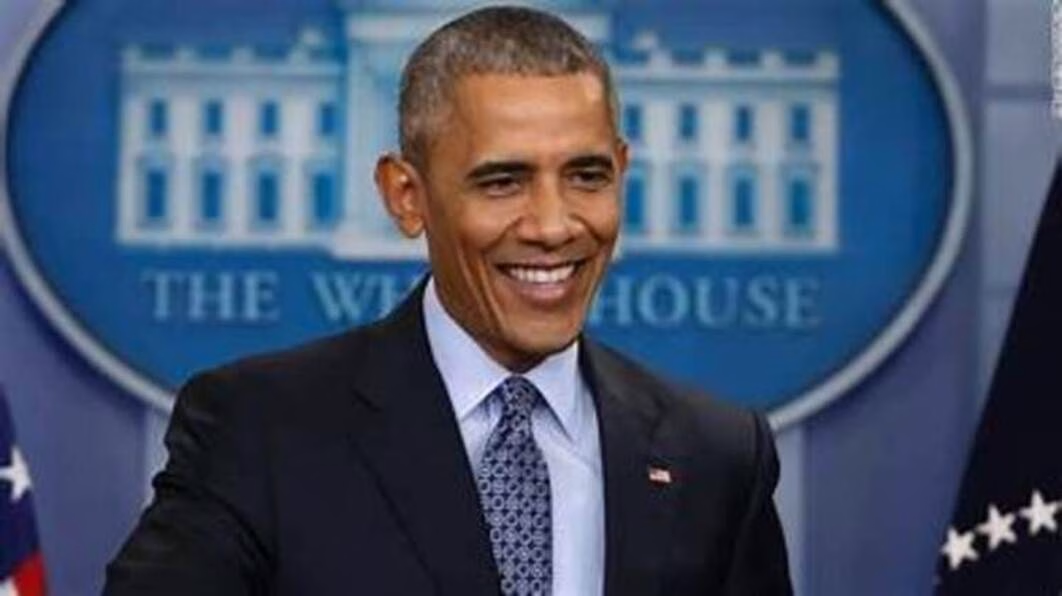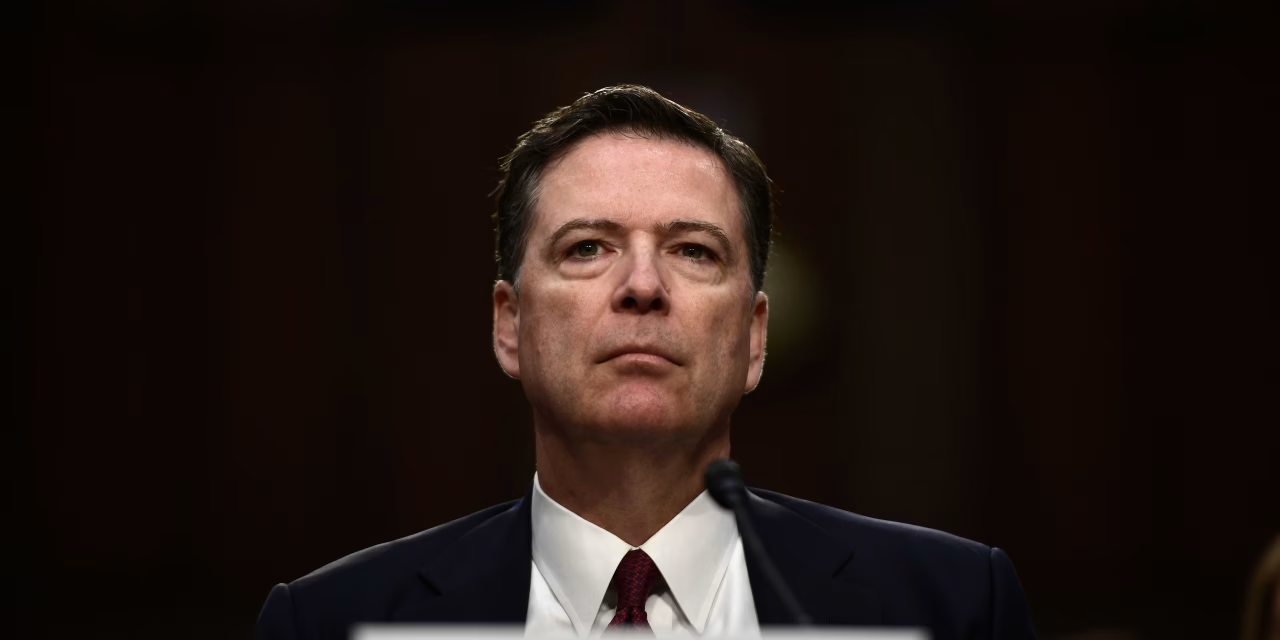By Don Terry | Thursday, October 09, 2025 | 5 min read
Once, even asking the question felt unthinkable. Now it hangs in the air at dinner tables, whispered in offices, and debated in Congress: Is American democracy in real danger?
The reelection of Donald Trump—a man who treats the law like an obstacle and the Constitution like a suggestion—has thrown the nation into a moment unlike any other in modern history. The guardrails that barely held during his first term are now being stripped away piece by piece.
The warning signs are not subtle. Trump’s language, often dripping with disdain for the free press and the rule of law, mirrors the playbook of leaders who turned fragile democracies into personal empires. He’s spent years mocking the courts, demonizing critics, and admiring autocrats like Vladimir Putin—not quietly, but proudly. Now, the pillars of the Republic—the separation of powers, the peaceful transfer of power, and the integrity of elections—are trembling under the weight of his second term.
What makes this moment so chilling is that the threat isn’t coming from an enemy abroad. It’s happening here, at home, with the backing of a president determined to reshape the country in his own image. The Republican Party, once a counterweight to overreach, has mostly chosen loyalty over principle. Many in its ranks have become accomplices in the slow, deliberate unraveling of democratic norms.
Trump’s tactics are straight from the autocrat’s handbook: first discredit the institutions that can hold you accountable, then flood the public sphere with fear and division, and finally, consolidate power at the top. It’s a pattern familiar to anyone who has watched democracy collapse elsewhere—in Hungary, in Turkey, in Venezuela.
And Trump doesn’t hide his admiration for those who’ve done it before him. He envies their ability to rule without friction, without the mess of checks and balances. Each broken norm, each ignored law, lowers the bar just enough to make the next violation easier. That’s how democracies don’t just die—they’re hollowed out slowly, until what’s left is a façade.
Perhaps the most dangerous shift has come with the Department of Justice under Pam Bondi, a longtime Trump loyalist whose appointment signaled the end of the DOJ’s role as an independent guardian of the law. Under Bondi, the department has morphed into something closer to a political shield—protecting allies, punishing enemies, and blurring the line between law and loyalty.
Investigations into Trump’s inner circle have quietly disappeared, while probes into his opponents have been fast-tracked. At a heated congressional hearing, Bondi brushed aside bipartisan concerns as “manufactured hysteria,” echoing Trump’s own talking points almost word for word. Her refusal to acknowledge legitimate questions only reinforced the sense that the justice system no longer serves the people, but one man.
Meanwhile, the Supreme Court, stacked with a reliable conservative majority, has become an indispensable ally to Trump’s agenda. A string of decisions has widened executive power, weakened oversight, and chipped away at protections for vulnerable communities. What was meant to be a check on power has, in many cases, become a green light.
This convergence—the executive branch, the Justice Department, and the Court—creates a dangerous imbalance. It’s a concentration of power that eats away at the foundations of democracy. Each time a court ruling favors unchecked authority, each time a watchdog agency is gutted, public trust withers a little more.
And when citizens stop believing the system works for them, democracy begins to die—not with a single dramatic event, but with quiet resignation.
Internationally, America’s image as a beacon of democracy has dimmed. Allies watch nervously. Adversaries exploit division. Domestically, fear and uncertainty grow. For many, this new reality feels less like a momentary political storm and more like a permanent shift.
But perhaps the most dangerous thing of all is apathy. The sense that this is simply how things are now. That nothing can be done. That is exactly what authoritarians count on—the silence of the governed.
The survival of American democracy won’t be decided by Trump alone. It will depend on whether ordinary citizens choose to accept the erosion of their rights or fight to preserve them. History has shown us that democracy doesn’t vanish overnight; it fades because too many people look away.
This is not a time to look away. It is a time for clarity. A time to call things by their name. A time to act.
Democracy is not self-sustaining. It’s a living thing, kept alive by those willing to defend it. Whether it survives depends on what Americans choose to do next.






